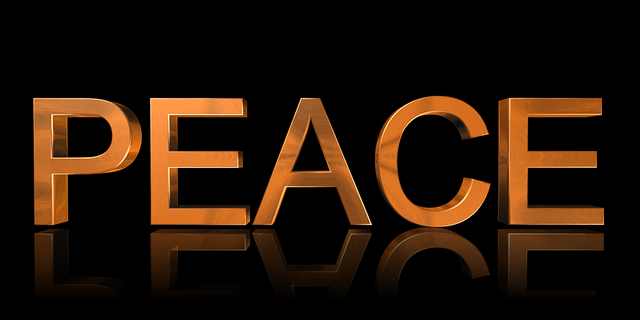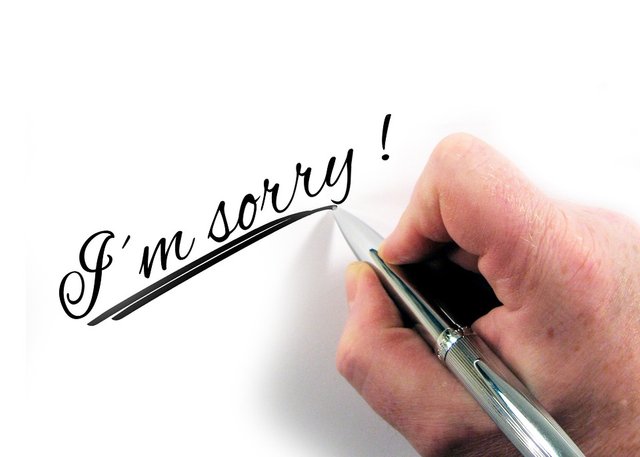A Struggle With Forgiveness

We all make mistakes and I believe that forgiveness is important to help maintain any relationship. It can allow relationships to heal and grow whenever someone might have done something wrong that hurts the other, it can help to process that anger and pain. Forgiveness can bring people closer together and can repair the damage that is inflicted when people do things or say things that they later regret.
When we are open with others it leaves us vulnerable and that can bring with it an opportunity for hurt, so too can spending a great deal of time with others, so forgiveness then is critical to maintain any intimate or close relationship with family, friends, or loved ones.
Is There A Limit?
This is especially difficult when it comes to family, especially if you have had family members physically attack you or steal your property, I lost count a long time ago for how many times I have had my personal belongings taken away from me and property rights violated by the people closest to me.
Forgiveness is important to establish and maintain peace but when you forgive someone who has hurt you, and they do it again, and again, that forgiveness then is only setting the groundwork for them to violate you once again. For this reason I believe that you can forgive someone but that doesn't mean that you have to allow them to maintain a close relationship with you; keep them at a distance for safety.

Some folks have a very difficult time apologizing, perhaps their struggle with narcissism is too great.
Various health experts have maintained that for our own health and well-being that we should be quick to forgive. But one issue with this is that the pressure to forgive can sometimes place unjust pressure on the victim, that if they don't forgive then peace or a resolution cannot be sought. It wouldn't need to be sought to begin with, again and again, if some would have more respect and consideration for others instead of for themselves.
It isn't always wise to forgive and keep individuals around that have little ability to change and for narcissists they aren't likely to embrace the transformation. Continually exonerating the wrongdoing of another doesn't make us or them a better person. Inviting that poison back into your life is detrimental to your peace and stability. Forgive then, but that doesn't mean forget, and that doesn't mean go back to maintaining a regular friendship as you once did.
Some have said that you will never regret forgiving those who have violated you and abused your trust.
If the question is how many times should I forgive someone and still maintain the same connection or relationship with them, the answer gets very difficult the more that the person is violated by those who they love. But if the question is how many times you can forgive another person, without going back to the way things were, you might be able to extend that forgiveness indefinitely.
Pics:
pixabay
